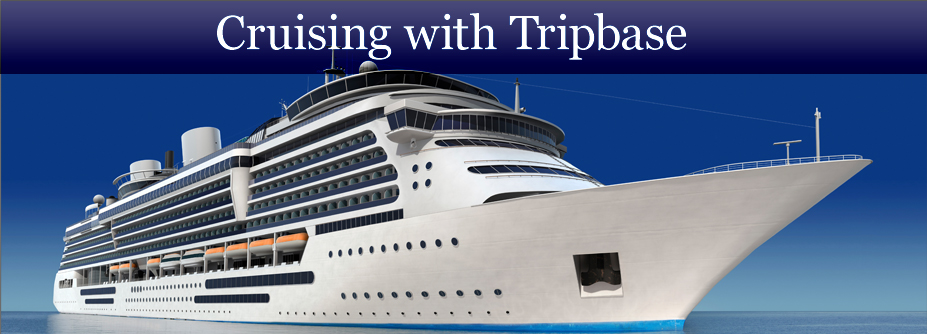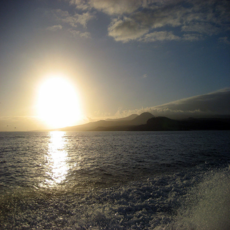
Galapagos Cruises


The Galapagos islands are a truly incredible ecosystem. It's no wonder that it's to the Galapagos that Charles Darwin went in order to discover the facts that lead to his book the origin of species. It's on the Galapagos Islands you will see and feel exactly why this was the case. It's on the Galapagos Islands where some of the most strange and diverse wildlife is found.
After having cruised to the Galapagos Islands, perhaps from a South American port you'll be able to note just how far from the mainland are. Animals that were on the island, or made their home of the island, had to adapt to the circumstance. It was this that Darwin translated in the idea of survival of the fittest. But of course on your visit to the Galapagos Islands, survival of the fittest need not trouble you.
Your visit to the Galapagos Islands will more likely be comfort of the finest standard that is. After all, you will have paid for the privilege. Now, cruises that head to the Galapagos Islands are quite rare so you must consider it a great honour to be able to be one of the few tourists allowed to visit the Galapagos Islands. In order to preserve the incredible landscape and prevent it from becoming damaged due to the pollution and damage that cruise ships often cause, local people have put a limit on the number of cruise ships that are actually allowed to visit the island.
This makes sense, since they are a national park and a biological marine reserve with some of the very best diving in the whole world. When you visit the Galapagos Islands you may be lucky enough to meet a Sea lion. With so many people visiting the islands every year you'll find that some of the sea lions are quite tame.
But the wildlife is in perfect condition on the Galapagos Islands. The islands are actually on the World Heritage in Danger list, according to UNESCO. The best way to see the threat is on a small live-aboard cruise that shows you exactly the threat. And in doing so you can provide a wage to local people who do not need to resort to destructive fishing practices in order to get an income, and can instead focus on providing boat transportation for people instead, or be guides for tours where nature is studied and watched rather than disrupted.

